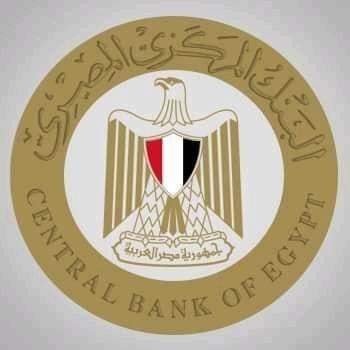An Egyptian media official close to the General Abdel-Fattah al-Sisi regime caused anger on the Kuwaiti street, due to its misuse of the State of Kuwait. Nashat Al-Daihi is not considered the first Egyptian broadcaster to cause tension in the Egyptian regime’s relations with another country. Egyptian broadcasters have a long history of this. The Talk Shows’ announcers are keen to appear as champions instead of the guests, which is considered by media experts as the start of making mistakes. The broadcasters of the programs appeared as political activists, expressing the positions of the regime, not as broadcasters presenting and discussing information with their guests. During his Paper and Pen TV show on TEN channel, Nashat Al-Daihi described the state of Kuwait as “an emirate” took an unjustified decision to prevent entry of Egyptians due to the Coronavirus. Al-Daihi criticized Kuwait’s decision, saying that there are infections in Kuwait not in Egypt, as he claimed.
The Egyptian broadcaster stressed that Egypt does not have any case infected with Coronavirus at a time when the “Emirate” of Kuwait registered 45 cases, as he put it. Subsequently, it was found that the channel had deleted the “Kuwait” part of the program’s episode on its website, amid calls for “Al-Dehi” to immediately apologize and present an official protest letter to the Egyptian ambassador to Kuwait. Kuwaiti activists on social networking sites stressed that preventing the entry of Egyptians to the State of Kuwait is a sovereign right that preserves everyone from the threat of the Coronavirus, which has killed more than 3 thousand people around the world and infected tens of thousands. The number of people infected with the new “Corona” virus in Kuwait increased to 56, all coming from Iran. The number of citizens who was subjected to quarantine for the new Corona virus reached about 700 people, while those numbers are still changing daily with the continued evacuation of citizens from abroad. Egyptian activists say that Egyptian broadcasters are chosen on the basis of loyalty to the regime without actually being qualified for the job. The lack of qualification of the Egyptian broadcasters caused many embarrassing situations for the Egyptian regime. The regime sometimes had some of these situations to intervene, and sometimes some of these broadcasters were suspended from work for a long or short period, to demonstrate that the regime does not adopt those positions that they expressed. For example, In June 2019, the Egyptian broadcaster, Medhat Shalaby appeared while hosting Mauritanian national soccer team fans, asking them where they learned the Arabic language, what means that Shalaby did not know whether or not Mauritania was an Arab country. Mauritanians expressed their anger of this announcer’s ignorance, referring that Mauritania is the country of Arab poets. In July 2014, Egyptian anchor Rania Badawi ended a phone call on the air without allowing the Ethiopian ambassador to complete his talk about the outstanding Renaissance Dam crisis between Egypt and Ethiopia, which sparked official Ethiopian anger.
Till now, the crisis of the Grand Ethiopian Renaissance Dam did not find any solution. A few days earlier, the Egyptian broadcaster, “Amani Al Khayyat” said that Morocco ranks first in the incidence of AIDS, and prostitution is one of the most important economic resources for Morocco, and the Egyptian authorities were forced to disavow Amani’s statements after a wave of Moroccan anger. In February 2018, Amani Al Khayat returned to cause a new wave of anger after describing the Sultanate of Oman as a small emirate in the Arab Gulf region and published an incorrect map of it. Actually, Amani did not mean to insult Oman, which al-Sisi was visiting at that time, but her ignorance made this casually. In April 2016, the Egyptian anchor, Rania Mahmoud Yassin, provoked great Italian anger when she accused the Italian student Giulio Regeni that he was an agent of a foreign intelligence agency and that he was spying on Egypt. These accusations promoted Italy’s belief that Egyptian security services had tortured Regeni to death, because they thought he was an Italian spy, which Egypt categorically denied. Observers say that despite the repeated mistakes of Egyptian broadcasters, it does not appear that the Egyptian regime is seeking to develop the media system in Egypt. Opponents affirm that the media, from the point of view of the Egyptian regime, has one function, which is to always support the system, even if it is by ignorance, and sometimes causes problems.





Recent Comments